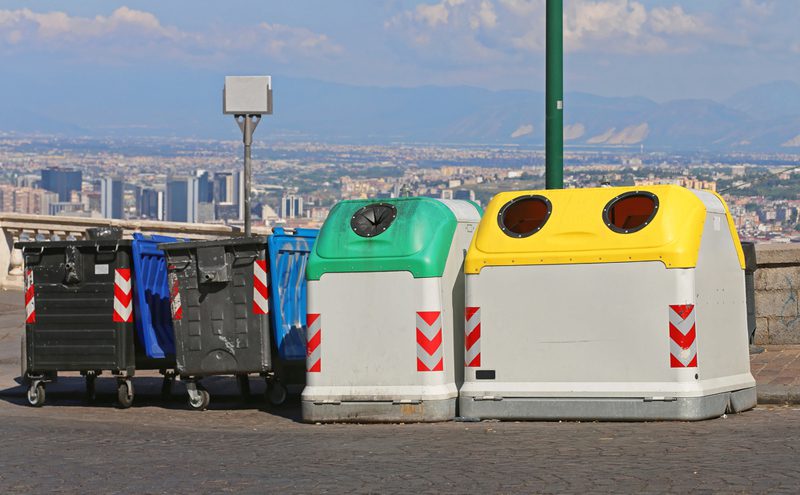
On 16 January the European Commission announced the adoption of a new strategy with respect to the way plastic products are designed, produced, used and recycled in the EU.
The European Strategy for Plastics in a Circular Economy aims to create an EU market for plastic
waste and to make all plastic packaging produced in the region recyclable by 2030.
The EU has previously committed to a binding target of 55% recycling of plastic packaging by 2030.
Less than 30% of the 25 million tonnes of plastic waste produced annually in the EU is currently collected for recycling, and only 5% of its value is actually recovered, equating to a loss to the economy of between €70bn and €105bn. Around two-thirds of this material is plastic packaging.
In comments published in the Financial Times, Jyrki Katainen, the European Commission’s vice-president for Jobs, Growth, Investment and Competitiveness, attributed the lack of well-functioning plastic waste markets to a lack of uniformity in quality standards, making the supply of recycled plastic smaller than it could be.
The strategy outlines a number of measures to help boost the market for recycled plastics, including improved product design, greater levels of plastic recycling, and improvements in the quality and quantity of recyclates. To assist with this, the Commission has earmarked €100 million for research and innovation.
Restrictions will be imposed on microplastics under 5mm in size, and member states will be under an obligation to monitor and reduce marine litter.
There are also plans to introduce legally binding proposals to restrict the use of single-use plastic items, with announcements expected in May.
Environmental groups received the announcement as a good first step but wanted to see binding targets. Friends of the Earth said to The Independent that by introducing binding regulations the proposals go further than the plans for plastic announced on 11 January by the UK Government.
The strategy announcement was welcomed by the trade association European Plastics Converters (EuPC), which gave its full support. In comments published in Waste Management World, the groups’s managing director Alexandre Dangis said that real industrial transformation requires joint action by all stakeholders through the entire plastics value chain, as well as support from consumers and the authorities.
Vanden Recycling UK managing director David Wilson welcomed the announcement, and the ambitions of the European Commission to ensure that all plastic packaging is recyclable by 2030.
“We are also pleased that at a time when some are criticising plastics, that the European Commission recognises the sustainable and economic contribution that plastics make to the European economy. It is also good to see that the European Commission wants to create an economically successful plastic recycling industry and will put in measures to support its growth.
“One of the elements of the strategy that we particularly like is the ambition for providing reliable, high-volume supply of recycled plastics to manufacturers. At Vanden Recycling we pride ourselves on already doing this. But we welcome the idea of quality specifications for recycled plastics, making products designed to be recycled or reused as this will help the public to recycle more effectively, and especially quality standards for sorted plastic waste and recycled plastics. All of this will make it much easier to recycle plastics into a high-quality product.
“We hope that the UK will also adopt this strategy after Brexit as a consistent plastic waste strategy in both UK and EU will be beneficial to a successful plastic recycling industry.”







